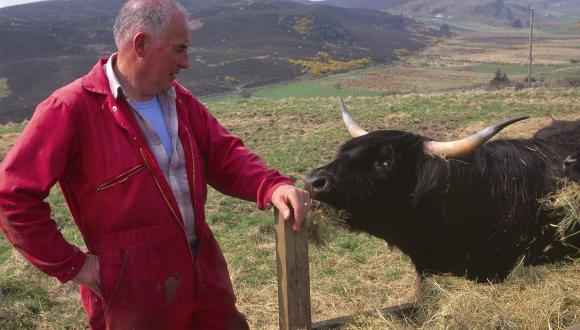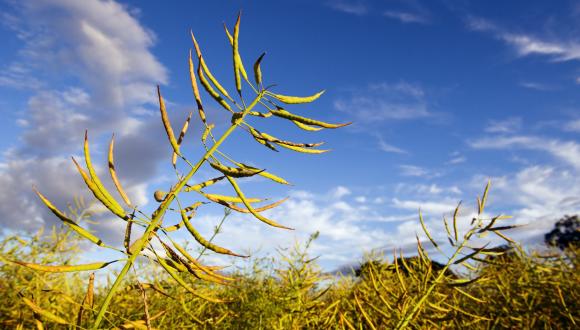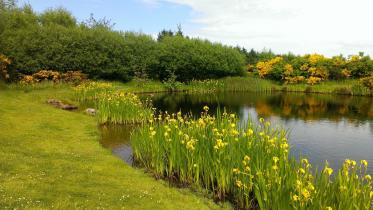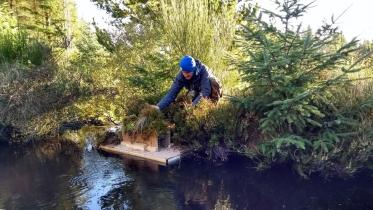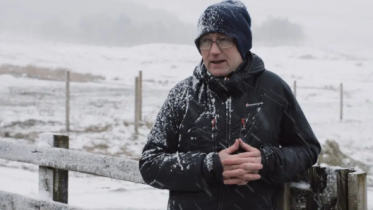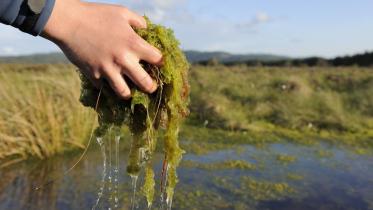Farming with Nature
Supporting Sustainable Food Production, Climate and Nature.
Our “Farming with Nature” Programme is supporting farmers and crofters to enhance nature and tackle climate change while producing high quality food. Our 4 projects are developing tools that will help farmers and landowners recognise the habitats and biodiversity on their land and the potential benefits to nature and the farm business they can bring.
The programme’s work will help inform delivery of the Scottish Government’s Agricultural Reform Programme which supports agriculture that is more environmentally sustainable. Our pilot project’s findings feed into the Government’s future reforms to the agricultural support package where at least half of all funding will be targeted towards outcomes for increasing biodiversity and climate mitigation and adaptation.
Farming for Biodiversity and Climate
The agricultural landscape diagram and key below show how using natural capital, the resources that exist in nature, can bring benefits to the farm, the climate and improve the environment for everyone. Careful management of our natural assets can help capture carbon, build soil organic matter and increase resilience to the effects of extreme weather on the farm all while restoring biodiversity.
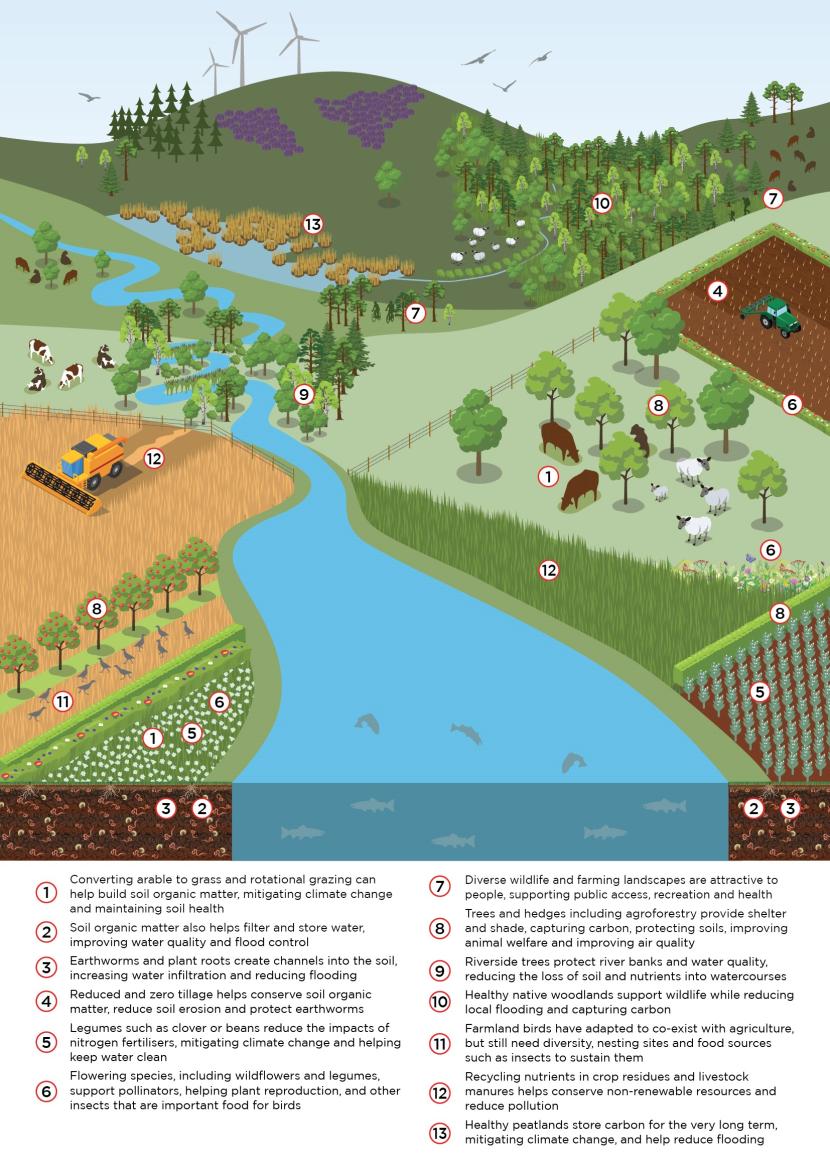
1. Converting arable to grass and rotational grazing can help build soil organic matter, mitigating climate change and maintaining soil health.
2. Soil organic matter also helps filter and store water, improving water quality and flood control.
3. Earthworms and plant roots create channels into the soil, increasing water infiltration and reducing flooding.
4. Reduced and zero tillage helps conserve soil organic matter, reduce soil erosion and protect earthworms.
5. Legumes such as clover or beans reduce the impacts of nitrogen fertilisers, mitigating climate change and helping keep water clean.
6. Flowering species, including wildflowers and legumes, support pollinators, helping plant reproduction, and other insects that are important food for birds.
7. Diverse wildlife and farming landscapes are attractive to people, supporting public access, recreation and health.
8. Trees and hedges including agroforestry provide shelter and shade, capturing carbon, protecting soils, improving animal welfare and improving air quality.
9. Riverside trees protect river banks and water quality, reducing the loss of soil and nutrients into watercourses.
10. Healthy native woodlands support wildlife while reducing local flooding and capturing carbon.
11. Farmland birds have adapted to co-exist with agriculture, but still need diversity, nesting sites and food sources such as insects to sustain them.
12. Recycling nutrients in crop residues and livestock manures help conserve non-renewable resources and reduce pollution.
13. Healthy peatlands store carbon for the very long term, mitigating climate change, and help reduce flooding.
Further information can be found in the 'What are public goods from agriculture factsheet'.
Nature Heroes
Meet our “Nature Heroes” who are farming with nature on different types of farms and crofts.
Jock Mcfarlane, Easter Rattray Farm
Phil Knott and Laura Cunningham, Wildlife Croft Skye
Fred Swift and West Loch Ness Farm Cluster
David and Wilma Finlay, Rainton Farm - The Ethical Dairy
Contacts
Claudia Rowse, Deputy Director, Sustainable Growth - email: [email protected]
Ross Lilley, Head of Natural Resource Management - email: [email protected]
Daniel Gotts, Farming with Nature Programme Manager- email [email protected]
Advisory Group
This programme is guided by a small external advisory group:
Aylwin Pillai, Nature Friendly Farming Network
Vicki Swales, Royal Society for the Protection of Birds
Kerry Waylen, James Hutton Institute
Martin Kennedy, National Farmers Union of Scotland
Jonathan Hall, National Farmers Union of Scotland
Amy Jo Reid, young farmer, Scottish Association of Young Farmers Clubs’
Eleanor Kay, Scottish Land & Estates
Ross MacLeod, Game & Wildlife Conservation Trust Scotland
Donna Smith, Scottish Crofting Federation
Find out more
Agri-Environment Climate Scheme (AECS)
Farming and Crofting Professional Advice
Learning Resources for Farmers and Crofters
